History
Our Curriculum Intent
Subject Leader: Mr Ellis
Our History curriculum aims to give pupils:
A lasting knowledge of:
- People, events, situations and developments
- Chronology and characteristic features
- A wide range of historical vocabulary
An ability to:
- Engage in historical enquiry
- Organise and communicate their knowledge and understanding effectively
A deep understanding of:
- Evidence (sources)
- Different interpretations
- Cause and consequence
- Change and continuity
- Similarity and difference
- Significance
Through our teaching we aim to:
- Help pupils to develop a moral understanding of our past
- Inspire pupil’s curiosity
- Motivate pupils to want to study the subject - nurturing a lifelong engagement with History
- Give them a sense of identity
What do our pupils think it means to be a Historian?:
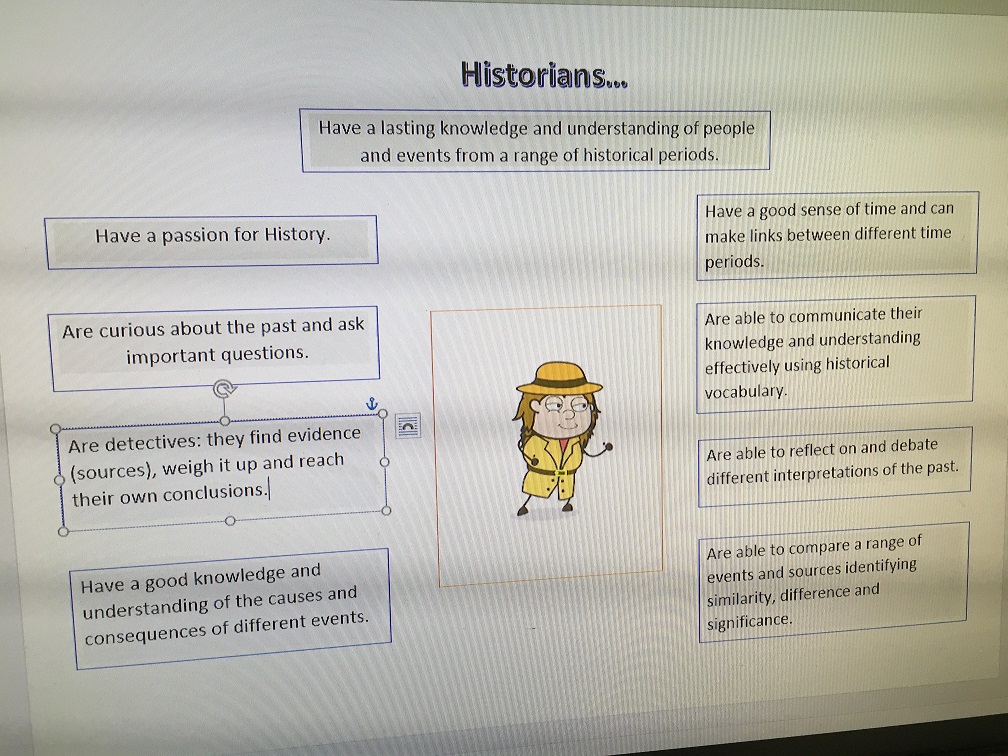
Developed by our Yr6 pupil 'History Heroes Club'
How is our History curriculum planned?
Early Years Provision
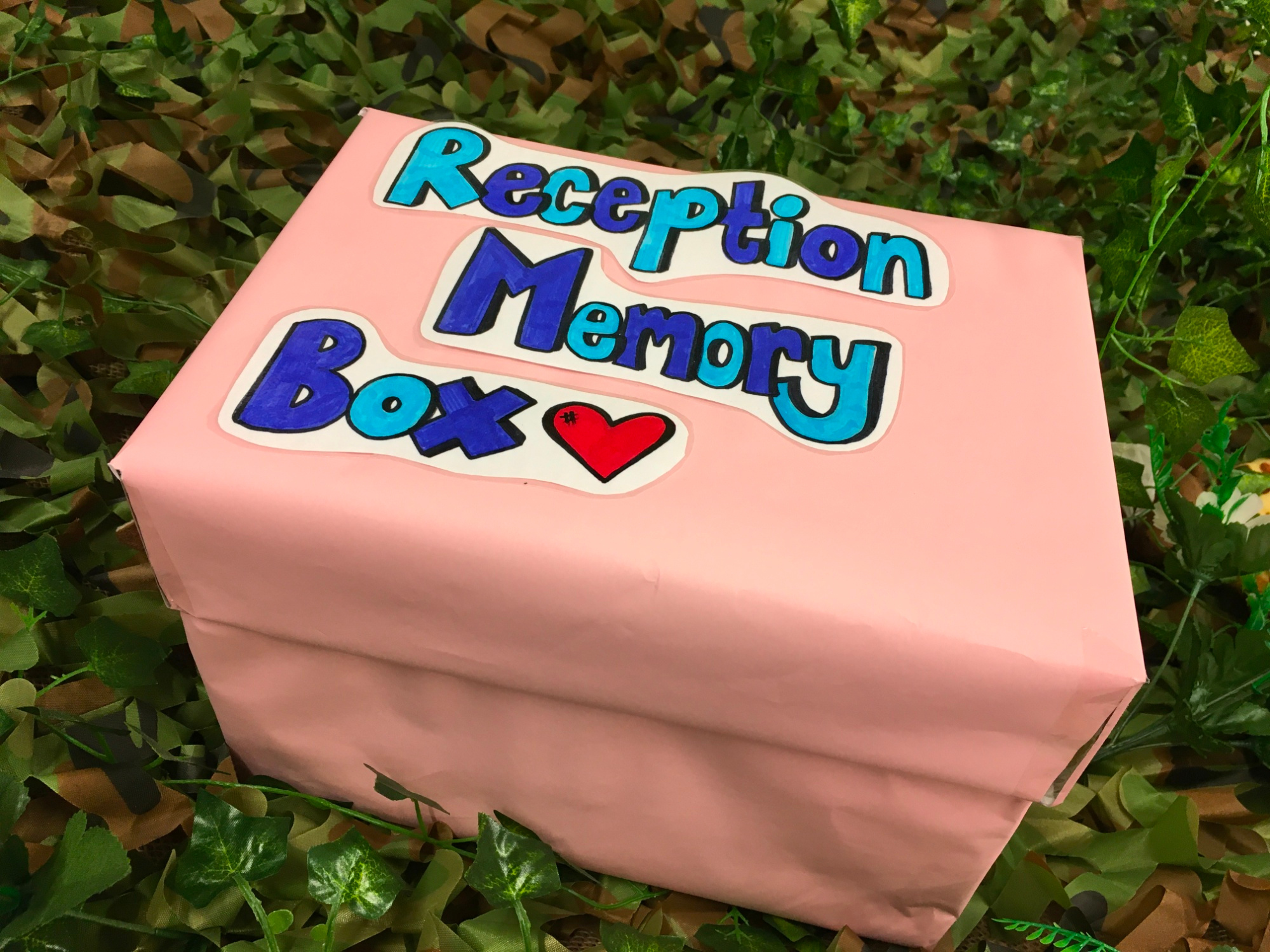
Years 1 to 6 Provision
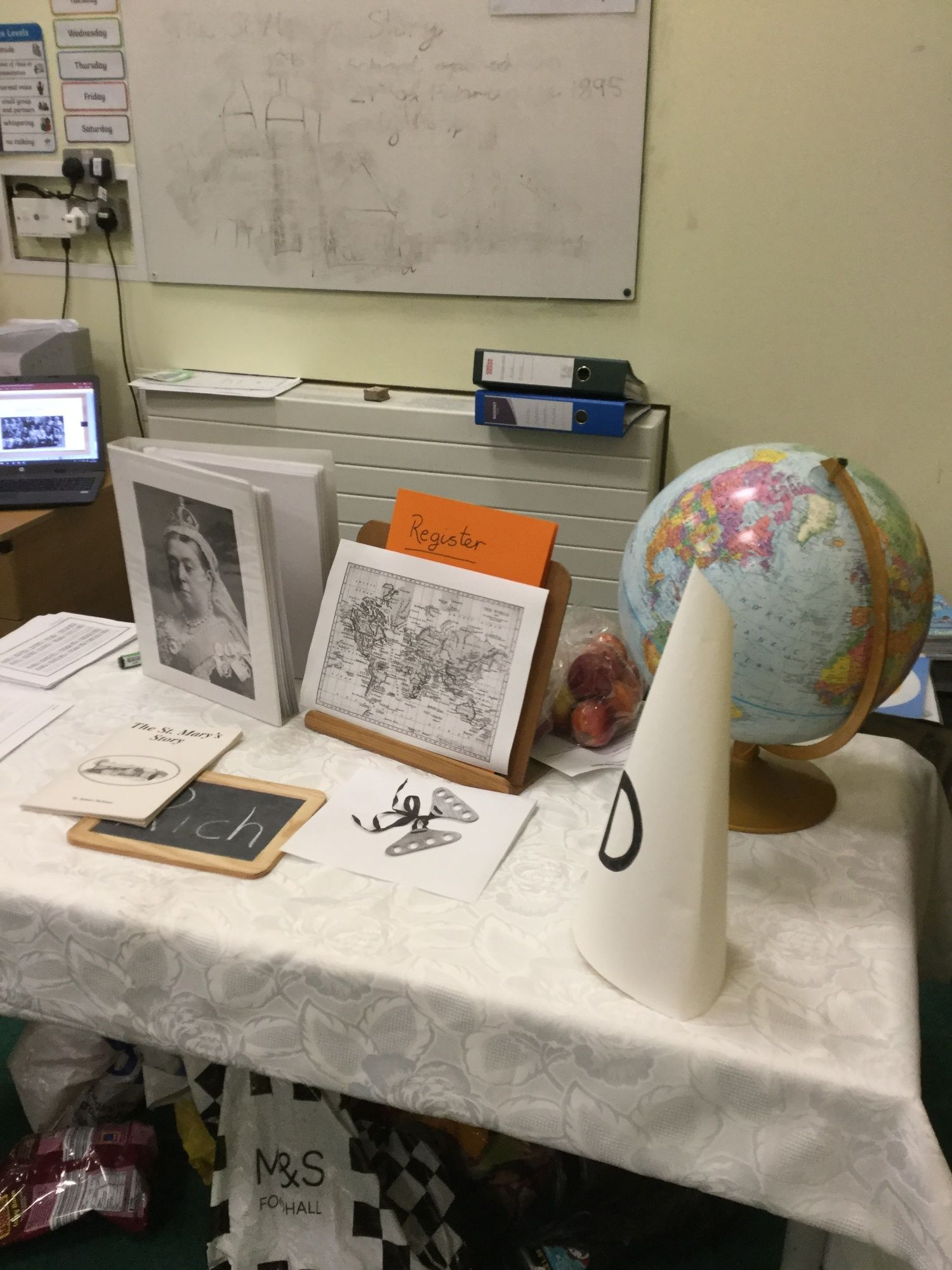
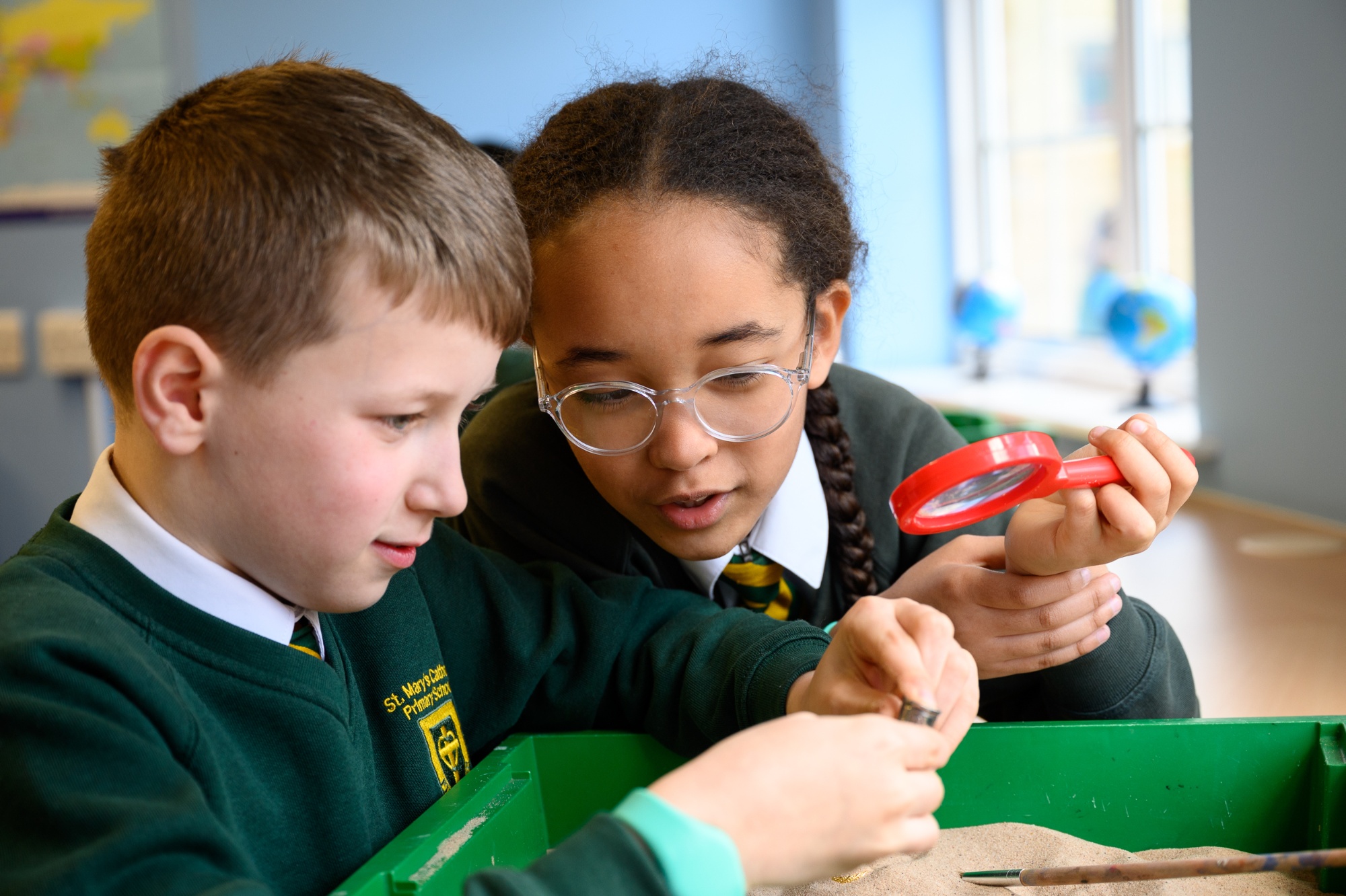 We have produced Knowledge Organisers for each of the History topics covered by pupils. These include 'sticky knowledge' that we want pupils to remember from each unit of work. They also include a list of key vocabulary that will be covered and Key Stage 2 pupils (Years 3 to 6) are asked to write the definitions of each word as they are taught. You may like to refer to these Knowledge Organisers to find out more about the content covered in each class.
We have produced Knowledge Organisers for each of the History topics covered by pupils. These include 'sticky knowledge' that we want pupils to remember from each unit of work. They also include a list of key vocabulary that will be covered and Key Stage 2 pupils (Years 3 to 6) are asked to write the definitions of each word as they are taught. You may like to refer to these Knowledge Organisers to find out more about the content covered in each class.
TEACHING APPROACHES
- All topics start with a ‘hook’: This includes enquiry questions, visitors, visits, looking at artefacts, photographs etc.
- All planning uses an enquiry approach, encouraging pupils to think and work like a historian and turning learning into a puzzle to be solved. This includes using primary sources and artefacts to answer historical questions.
- Teachers plan one visit, or visitor, every term to consolidate and enhance learning (click here for our Visits and Visitors overview).
- Teachers routinely recap on work covered to help pupils retain key substantive knowledge. This includes the use of low stakes quizzes.
- All pupils complete summative ‘Key Assessment Tasks’ at the end of their unit of work linked to their enquiry question. This helps inform ongoing teacher assessments of attainment and progress.
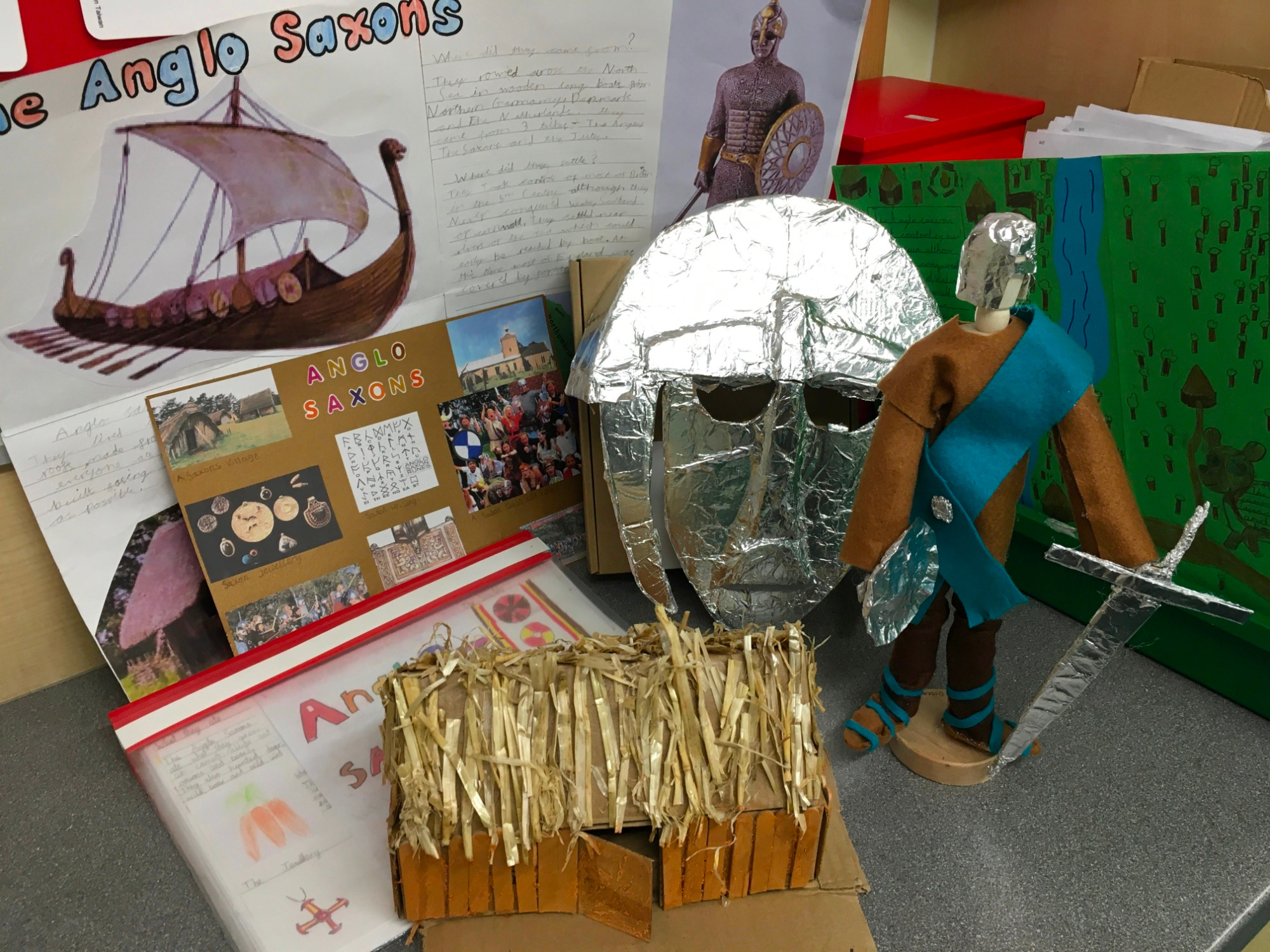
Local Historical Places of Interest
You may wish to visit the following places with your child-
| EYs |
Local places of interest:
|
|---|---|
| 1 |
My Family History: House on the Hill Toy Museum Toy Collection: The Greatest Explorers: National Maritime Museum Significant People - Little People, Big Dreams book series by Isabel Sánchez Vegara: |
| 2 | |
| 3 | Iron Age Roundhouse: Chiltern Open Air Museum |
| 4 |
Egyptians: The British Museum |
| 5 | Anglo-Saxon Sutton Hoo Artefacts: The British Museum |
| 6 |
WW1 and WW2: Battle of Britain Bunker (Uxbridge) Uxbridge War Memorial |
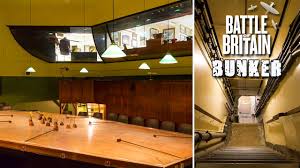
Useful Websites - Class Topics
English Heritage: 'A Day in the Life' video series -
https://www.english-heritage.org.uk/members-area/kids/kids_videos/
